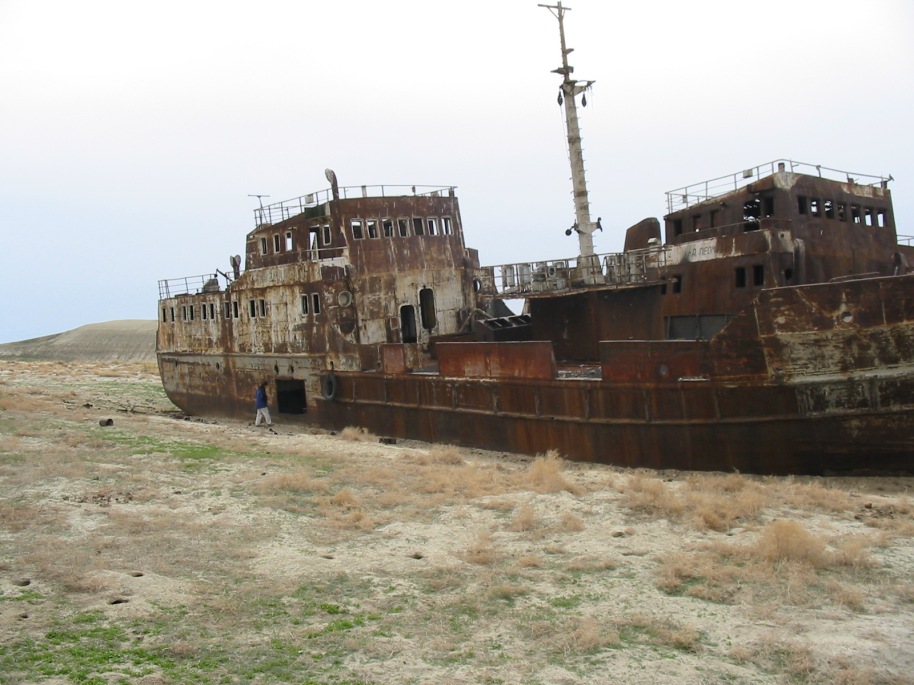Outreach Rationale
Our Outreach campaign has two goals.
On the one hand, we seek to share our enthusiasm for our research into what would make planets potentially habitable.
By the early 21st Century, the search for life beyond the Earth had developed two main foci. A substantial section of the scientific community is exploring potential prebioyic and early biotic conditions that might exist on habitable planets and moons, alongside the broad metabolic and physiological capabilities of the hardiest (often, but not exclusively, microbial) organisms that we know here on Earth. Otherwise, astronomers are scanning the skies for radio signals emitted by other technological civilisations. This is the principle concern of the SETI Institute.
We launched a third line of inquiry, which focusses on complex life and forest ecosystems and are keen to convey both the science and the excitement.
On the other hand, we believe that our first and most pressing priority is the planet under our feet, which is our home in space.
There is a growing understanding that there must be urgent and effective action to protect the global environment. We believe that we should all shoulder a measure of responsibility for defending our beautiful planet and our “Earth Campaign” is our own contribution to this effort.
Our civilisation has brought benefits unparalleled in human history, yet at the same time, its expansion has created a global environmental crisis. Scientific organisations have presented a sobering picture of our escalating impact on our world, but there is a very real danger that we shall do too little, too late. many campaign bodies are fighting hard to get that message across to policy makers. Their work is essential and we salute them. At the same time, we choose to emphasise an aspect of environmentalism that has been neglected. There is a danger that whatever actions we do take to protect our environment may be based upon inadequate knowledge of how the Earth works, or of the risks associated with new technologies developed to combat environmental problems. Scientists are far from having a complete picture of the processes that control the character of the Earth’s surface environment. Our knowledge needs to expand as fast as the threats which we are creating for ourselves. If it does not, schemes devised to safeguard our world (particularly attempts to modify the regional or global environment through geoengineering) may backfire with tragic consequences.

Derelict, rusting hulks of ships, memorials to a once thriving fishing industry, are scattered across the dried out bed of the former Aral Sea. The loss of what, mere decades ago, was the world’s fourth largest lake, is a consequence of geoengineering carried out under the Soviet Union, with the intention of improving the human environment. The abstraction of water flowing into the inland sea for agricultural irrigation played a major part in this environmental disaster and warns us that the road to hell may be paved with good intentions pursued in ignorance. The message of the Earth Campaign is that planetary stewardship is a role to which we must aspire, but with humility, recognising that a desire to protect the environment does not qualify one to be a planetary steward any more than than a desire to help the sick amounts to a medical qualification. Our civilisation will graduate to planetary stewardship only as its understanding of Earth systems becomes adequate.
We know that we are in the throes of a global environmental crisis caused by human activity. We do not ( we stress this point) need any more research before we can accept that as reality. Global society will, however need intensive programmes of research in order to show us how best to minimise impacts and to find the most effective solutions to protect human communities. Research is not a luxury that we cannot afford in times of economic austerity, but it is, instead, an indispensable necessity, without which we will be unable to safeguard the physical and economic well-being of communities around the world in the face of both natural and human-driven hazards.


